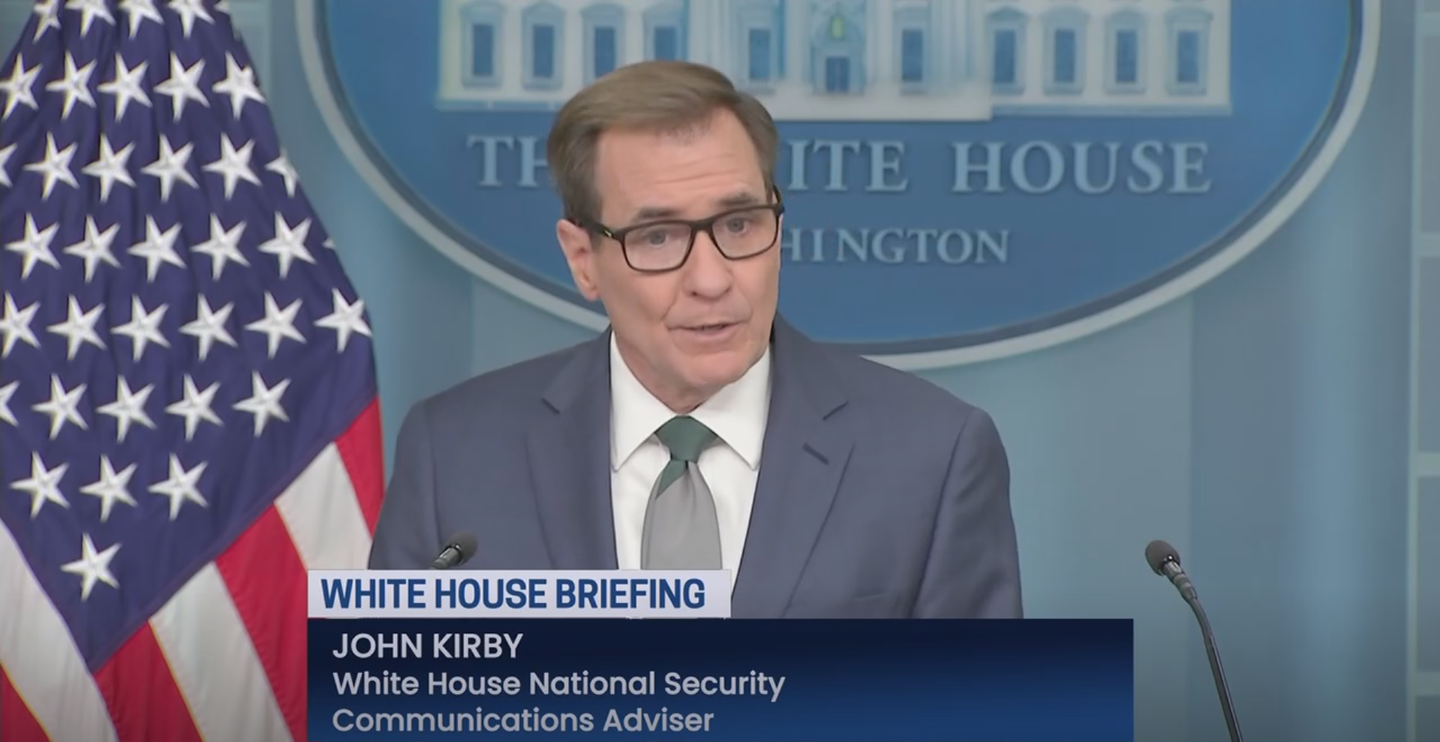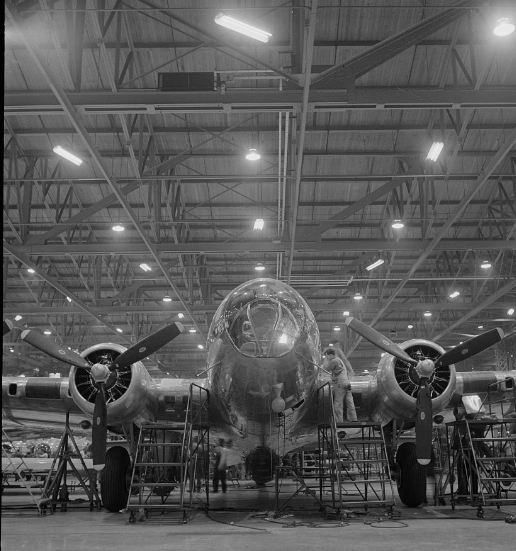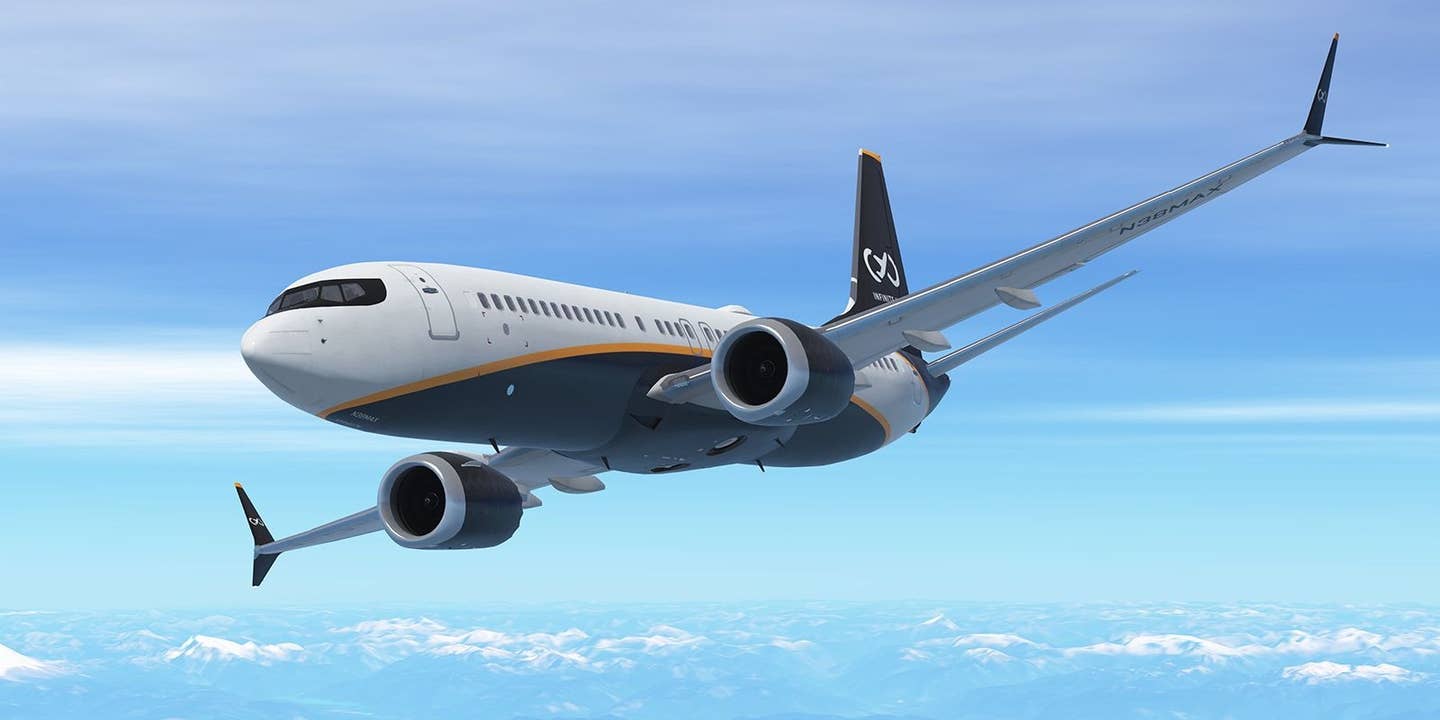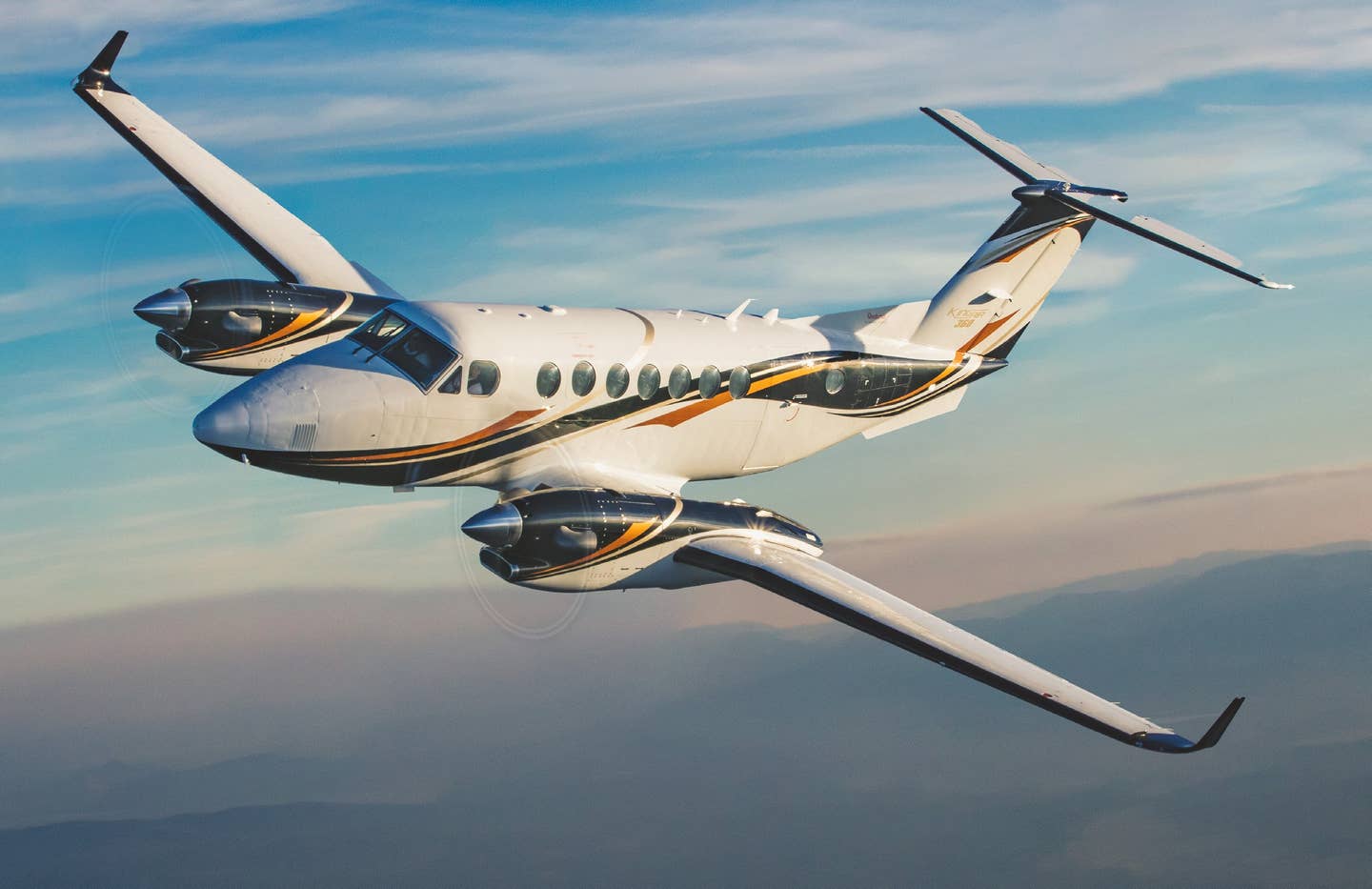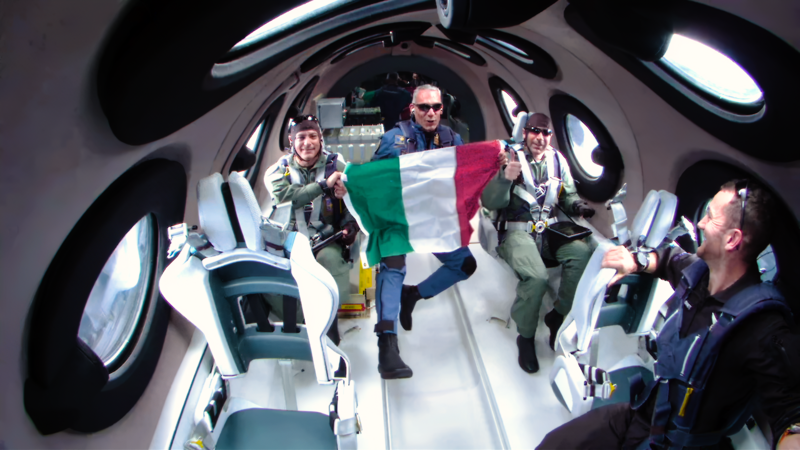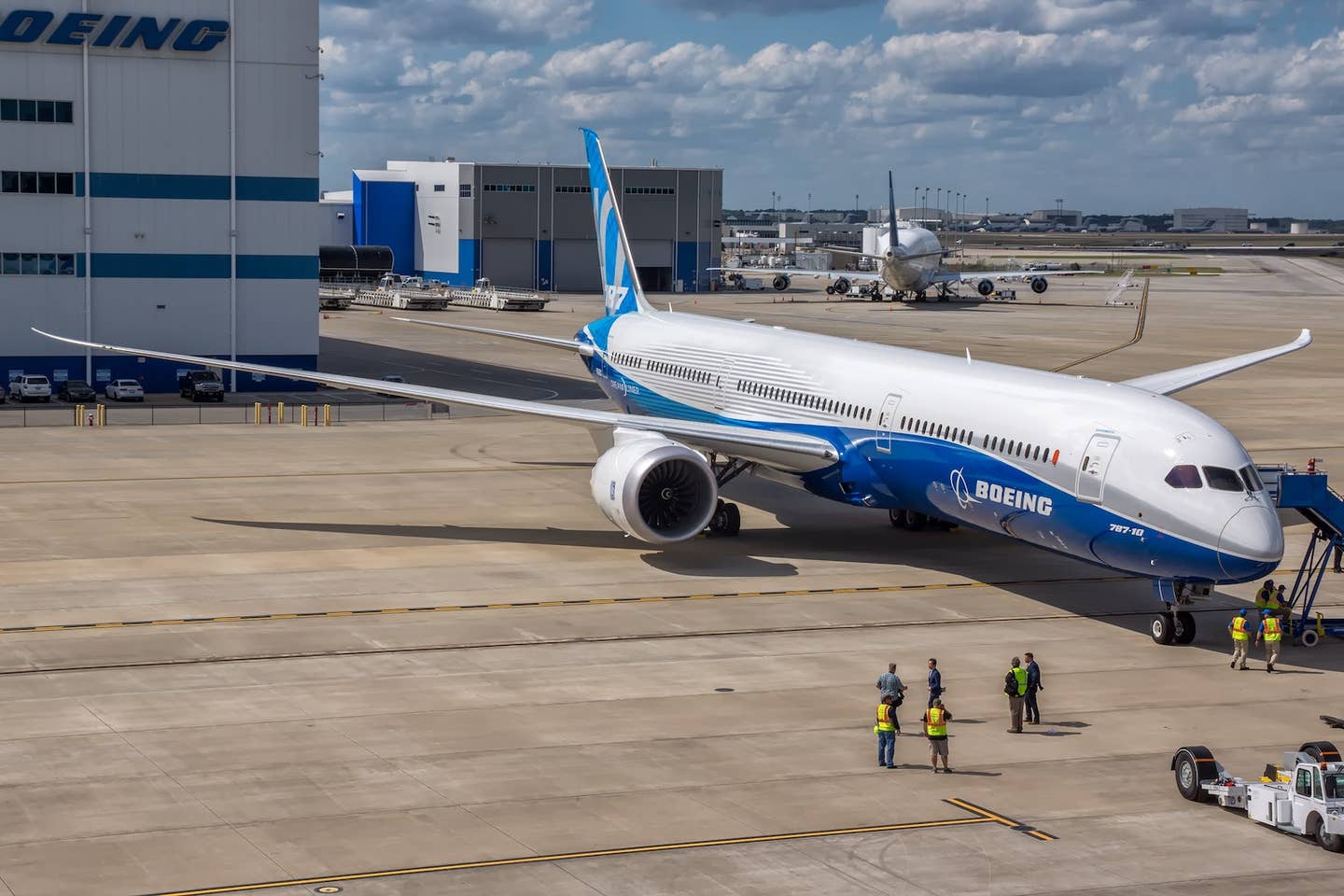Air Force Signs Multiyear Deal With Reliable Robotics to Explore Aircraft Automation
The indefinite delivery indefinite quantity agreement gives the partners flexibility to develop and test systems as needed.
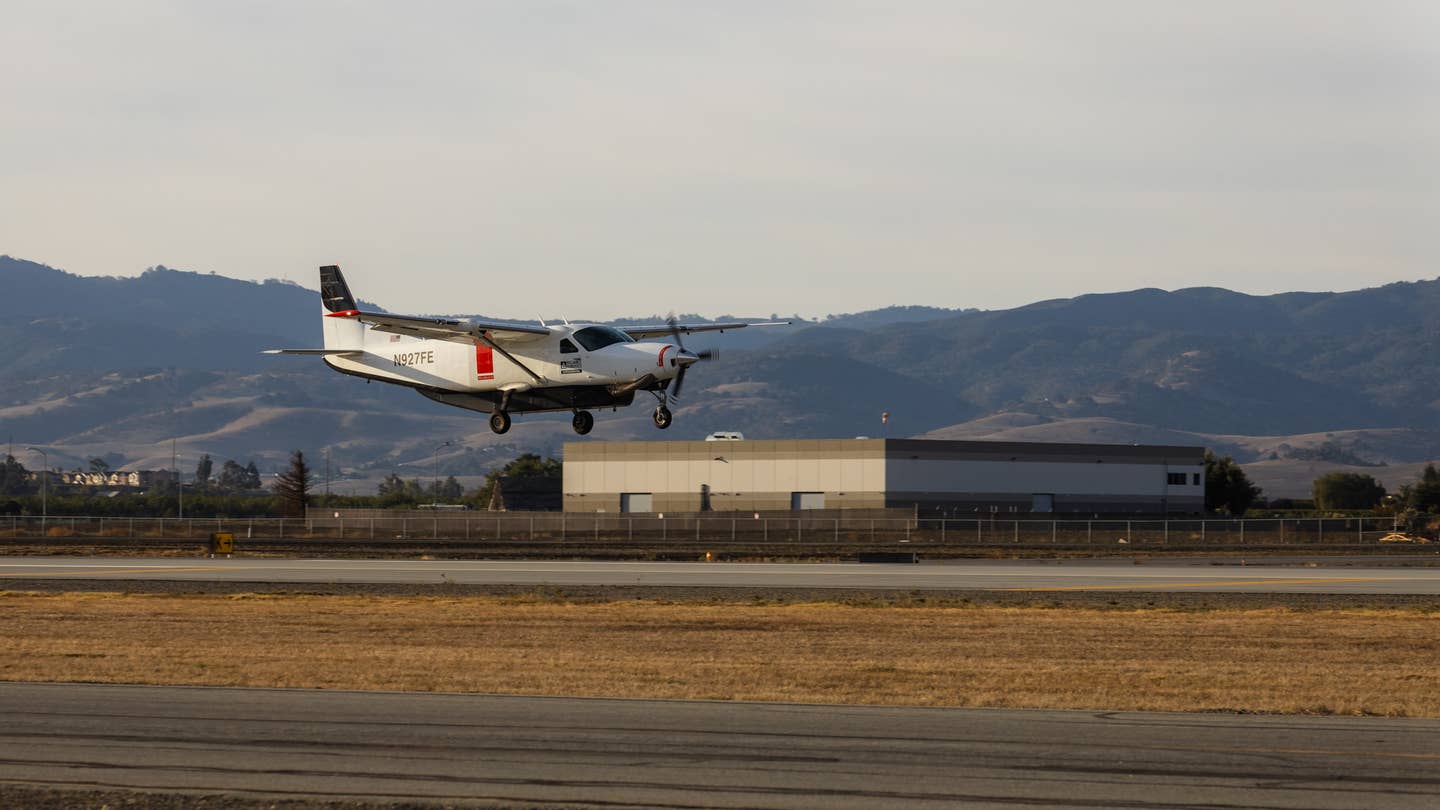
Reliable Robotics conducts an uncrewed flight of a Cessna 208B Caravan in November 2023. [Courtesy: Reliable Robotics]
The U.S. Air Force on Monday signed onto a multiyear arrangement to explore the automation of its airlift and refueling aircraft.
Reliable Robotics, a developer of automated flight systems for remotely piloted operations, was awarded an indefinite delivery indefinite quantity (IDIQ) contract to retrofit Air Force aircraft with its continuous autopilot system, which is designed to be installed on any model.
The partners will have flexibility under the agreement, which calls for the delivery of an unspecified quantity of services within a fixed window. The Air Force can place orders under the contract, authorizing specific work and the funding that comes with it. The contract will further allow Reliable and AFWERX—the innovation arm of the Air Force—to explore partnerships with other military branches, tailoring the system for additional missions.
According to retired Major General Dr. David O’Brien, senior vice president of government solutions at Reliable, the agreement “signals long-term engagement with the Air Force and provides flexibility for us to further demonstrate our autonomous flight system in operational readiness activities.”
The IDIQ arrangement, which will support the development and deployment of Reliable’s autopilot system, comes less than one week after AFWERX awarded the company $3.6 million under a Tactical Funding Increase (TACFI), tightening a relationship that began in 2021 and has since expanded with a series of small business innovation research (SBIR) contracts.
The TACFI will allow Reliable to perform uncrewed cargo missions for the military, building on a pair of Air Force demonstrations it completed earlier this year.
Reliable’s automation system covers all phases of flight from taxi to takeoff to landing, using hardware and software to automate control surfaces and engine controls. It’s designed to prevent controlled flight into terrain (CFIT) and loss of control in flight (LOC-I)—two of the leading causes of aviation accidents.
Detect and avoid and precision navigation systems help the aircraft understand where it is and where it’s going, while voice and data links enable remote communication. Remote supervisors or onboard safety pilots can communicate with air traffic control and redirect the aircraft to an alternate landing site in the case of inclement weather, for example. According to Reliable, the system is just as reliable as crewed flight.
Some within the Air Force believe autonomy systems like Reliable’s can safely support longer duration missions in “contested environments” more cheaply than its own technology while reducing aircrew needs. The partners are particularly focused on the Indo-Pacific region, where tensions between the U.S. and China are strained over relations with Taiwan.
Lieutenant Colonel Josh Fehd, branch chief of AFWERX’s Autonomy Prime division, called the technology a “mission critical capability.” Autonomy Prime was announced in January and greenlit by Andrew Hunter, assistant secretary of the Air Force for acquisition, technology and logistics, after officials “recognized a need,” according to AFWERX.
“This IDIQ contract is driven by demand from Air Mobility Command, Air Combat Command, Pacific Air Forces and commands that want to employ advanced aircraft automation in their fleets as soon as possible,” said Fehd.
Reliable’s primary testbed aircraft for its system is the Cessna 208B Grand Caravan, which in November completed what the company claims was the first remotely piloted cargo flight of that model. The FAA-approved trial lasted about 12 minutes and was remotely operated from a ground control station.
The Caravan was a loan from potential launch customer FedEx, and Reliable is collaborating with Cessna manufacturer Textron Aviation and Textron eAviation to retrofit additional aircraft. The remotely piloted Caravan could enable same- or next-day shipments to locations currently served by piloted models. The company plans to operate a Part 135 airline subsidiary led by former Ameriflight executives.
Reliable has also shared with the Air Force a blueprint to automate the KC-135 Stratotanker, the military’s core aerial refueling aircraft. But according to the company, under the IDIQ agreement, its aircraft-agnostic system could find its way onto other models such as the Cessna 408 SkyCourier. The system is designed to support cargo aircraft with 3,000-plus-pound payloads.
The FAA in February formally accepted the certification requirements for Reliable’s aircraft navigation and autopilot systems, including a means of compliance for testing and analysis. The company claims its full aircraft automation software is the only system of its kind with an FAA-approved project specific certification plan (PSCP), on which the agency signed off last year.
Another autonomous flight developer working with the Air Force, Xwing—which earlier this year was acquired by electric air taxi manufacturer Joby Aviation—submitted its PSCP in April 2023. Merlin Labs, meanwhile, has a basis for certification with New Zealand’s Civil Aviation Authority for its Merlin Pilot system.
Like this story? We think you'll also like the Future of FLYING newsletter sent every Thursday afternoon. Sign up now.

Sign-up for newsletters & special offers!
Get the latest FLYING stories & special offers delivered directly to your inbox

